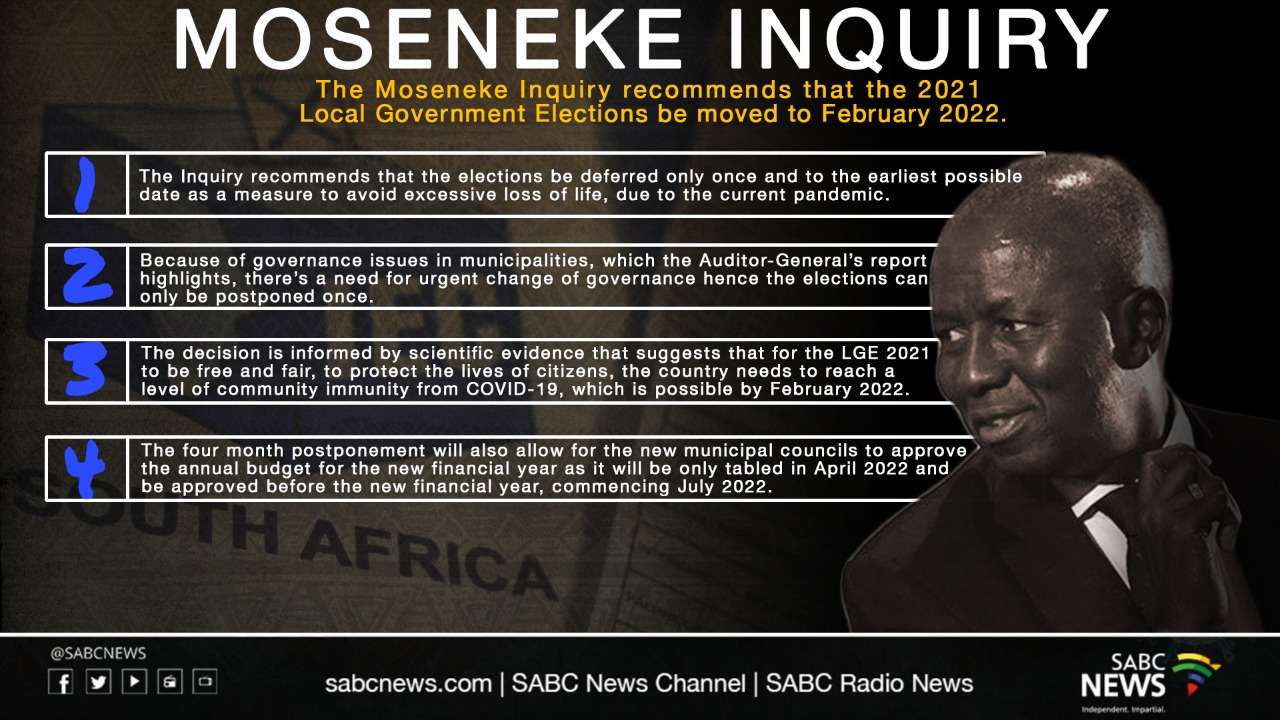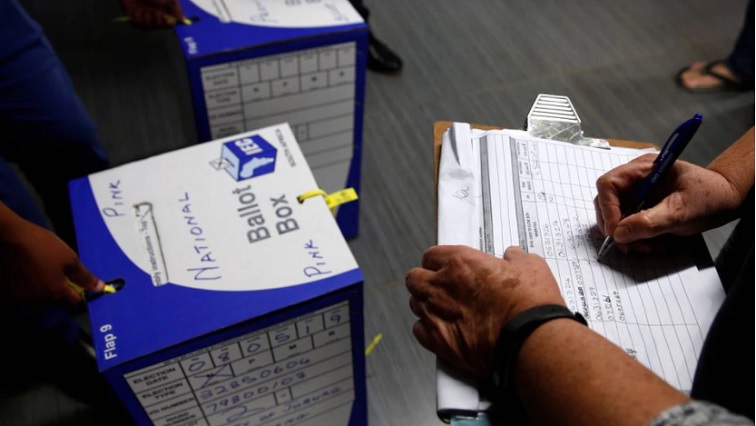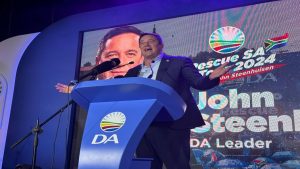Despite being one of the parties to initially disagree with any postponement of the local government elections, the Congress of the People (COPE) says it respects and accepts the report of former Deputy Chief Justice Dikgang Moseneke.
COPE’s Dennis Bloem reacts to the report:
It says this is because the Moseneke report is based on expert and scientific advice rather than political sentiments, and all political parties and stakeholders were consulted.
In a statement, the party says it also recognises the reality that the COVID-19 third wave is causing havoc in the country and says the postponement to early next year will give all political parties more time to campaign.
The Economic Freedom Fighters has called on the Independent Electoral Commission to accept and support the recommendations of the Moseneke inquiry.
The party says it will go on to propose an emergency convening of Parliament in a bid to pass an urgent motion to amend the constitution to allow for the postponement of elections beyond the established five-year term of municipal councils, and beyond the 90-day deadline that would require elections to happen in November 2021.
Meanwhile, the Democratic Alliance says it does not support the postponement of the elections. The party says it is possible to hold elections within COVID-19 protocols.
DA Spokesperson Siviwe Gwarube on the party’s reasons for not wanting a postponement:
“The LGE must adhere to the constitutionally prescribed timeframe. According to the Constitution, the LGE must take place every 5 years. Arguments that the LGE will lead to increased COVID-19 infections can be disputed in light of the various by-elections which took place since the start of the State of Disaster. Furthermore, most scientific models, at this stage, predict that there is a very good possibility that infection rates will be stable and even low in the period immediately before and on 27 October,” says the party in a statement.
The Inkatha Freedom Party (IFP) also welcomed the proposed postponement of the elections. IFP Chief Whip Narend Singh says the party welcomes the fact that Moseneke was very pragmatic and comprehensive in dealing with the recommendations that were finally made.
Singh shares more:
Moseneke’s report
In the past two months, Moseneke has canvassed the views of more than 4 000 ordinary South Africans and heard submissions from political parties, electoral practitioners, and scientists.
Moseneke says that the recommendations that he has made are motivated by the experience of other countries that have held elections during the COVID-19 pandemic, as well as the advice of leading scientists.
“We conclude that it is not reasonably possible or likely that the local government elections scheduled for October 2021 will be held in a free and fair manner as required by the peremptory provisions of the constitution and related legislation and we go further to find that the scheduled elections would be free and fair if they are held no later than the end of the month of February 2022.”
INFOGRAPHIC: Moseneke’s report:

Other considerations relate to the IEC’s election schedule, particularly voter registration, scheduled to take place just six days after the expected lifting of alert level 4. Moseneke says that national disaster regulations will restrict political parties from adequately informing eligible voters.
He says the choice between October 2021 and February 2022 to hold local government elections lies in the number of South Africans that will have been vaccinated.
Moseneke says his recommendations have not been made lightly, as only the most compelling reasons can justify deferring elections.
“Some have argued that deferment may encourage or initiate a slippery slope that may undermine the democratic project we think that this argument has considerable force only the most compelling of reasons must justify the deferment of a term of elections set by the supreme and other law in our country. It is for that reason that our recommendation is that elections be deferred only once and to the earliest possible date to be determined as the safest of the shortest within which local government elections can be held without excessive loss of life.”
Former Deputy Chief Justice Dikgang Moseneke ‘s report:
IEC’s response
IEC Chairperson, Glen Mashinini, has thanked Moseneke and his team for carrying out their inquiry, describing it as in-depth, comprehensive and transparent.
“Over the coming days it is the intention of the commission to study the inquiry report in-depth and to engage with a range of key stakeholders regarding its findings and recommendations and this will include our key stakeholders including political parties via the political party multiparty liaison system along with the various key role players and then make a final determination regarding the local government elections during the next few days.”
The IEC will make the final determination on when the elections will be held:
Should the IEC elect to follow the recommendations of the Moseneke Inquiry, it will then need to approach the Electoral Court to apply for the postponement, putting forward reasons why the poll should be deferred.






